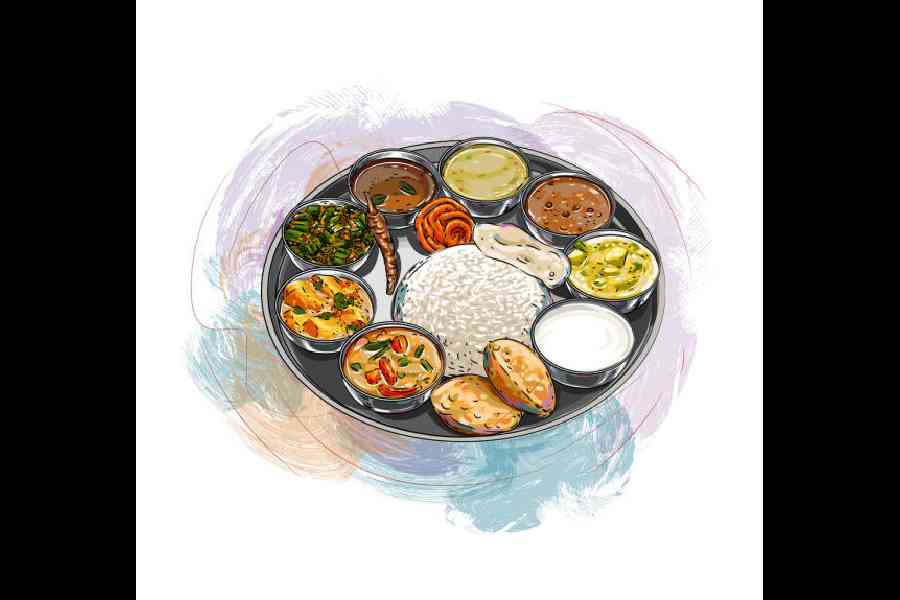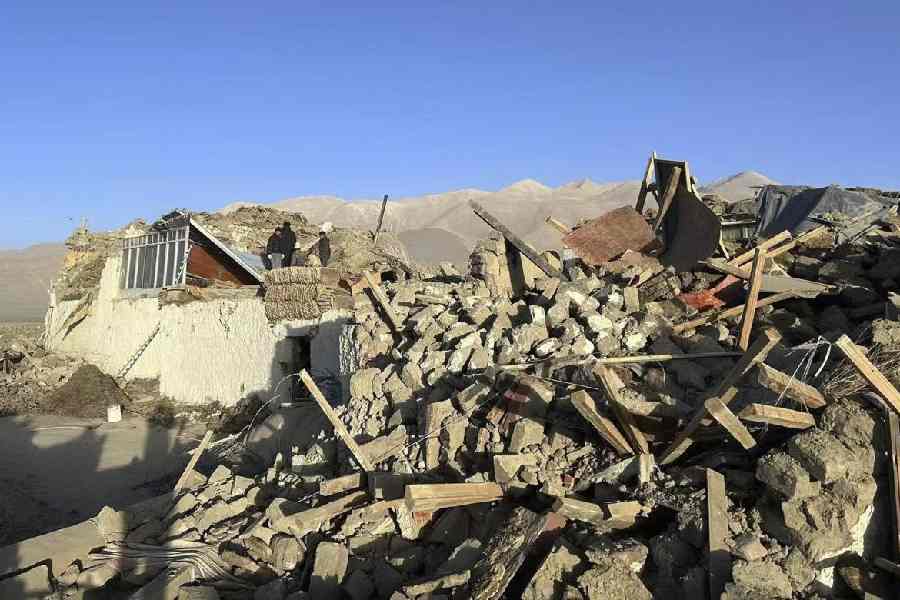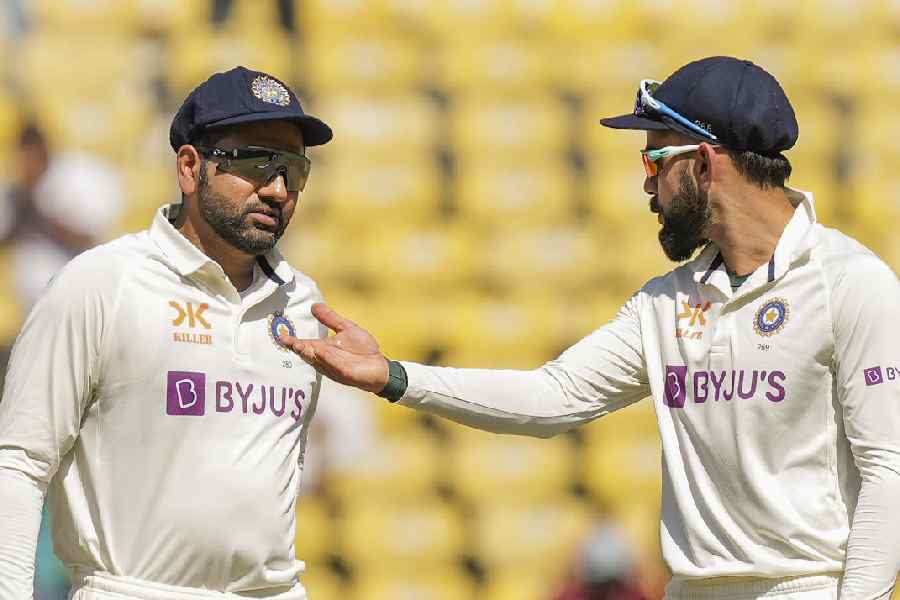Readers have been sending in queries: is a vegetarian diet healthier than a non-vegetarian diet? Should I switch from one to the other? If you have been a vegetarian all your life, suddenly switching to non-vegetarian food may be difficult. The smell, taste and texture may not be appealing.
To remain healthy, you must eat enough food to get the required calories. This depends on your sex, height, weight, age and physical activity. An adult woman who leads a sedentary life may need only 1,700 calories a day whereas an athlete may require 3,500-6,000 calories a day. There are charts available online from which you can read your approximate calorific requirement. The calorific content of food can also be found on the Internet.
Non-vegetarian diets are more calorie-dense. Smaller quantities may provide the requisite calories even though you feel that you have eaten very little. Some vegetarian foods, like nuts and coconut, are calorie- dense. In both diets, the cooking technique (say, deep frying) adds to the calories.
Oil contains around 120 calories per 15ml. This adds to the calories and is often not taken into account while calculating the day’s intake of food and calories. Try to use only 500ml of oil per household member per month. Using a mixture of oils — groundnut, sunflower, coconut, sesame, rice bran, corn and olive oil — is best. Mix it and then measure out the required monthly quantity. All oils have specific advantages and disadvantages, so a mixture will provide all the essential nutrients.
A non-vegetarian diet with animal products like meat, fish, chicken and eggs is rich in essential nutrients like protein, iron, Vitamin B12 and omega-3 fatty acids. The proteins are complete, which means they contain all the essential amino acids the body needs. Vegetarians have to include nuts and different pulses in their diet to get all the required amino acids. Protein is important as it is the building block for muscle development, immune function and repair of the body.
The iron in non-vegetarian food is easily absorbed. Iron in vegetarian food tends to form insoluble products, which are precipitated and not easily absorbed. And iron is essential for the formation of haemoglobin.
A non-vegetarian diet is likely to be deficient in fibre, resulting in constipation. It may be deficient in water-soluble vitamins too. It can also be high in saturated fats and cholesterol. A diet high in red meats carries a higher risk of diabetes, heart disease and cancers of the colon, rectum and pancreas.
Many people trim fat from meat before cooking and remove the skin of the chicken. Fat may be unhealthy, but it is a major source of energy. It helps with the absorption of some essential vitamins and minerals. Fat is needed to build cell membranes and the sheaths surrounding nerves.
Vegetarian diets, rich in fruits, vegetables, whole grains and legumes, offer healthy fibre, antioxidants, vitamins and minerals. These components contribute to digestive health, fight oxidative stress and support overall well-being. Some nutrients, like Vitamin B12, iron, calcium and zinc, are not present in sufficient quantities in many plant-based foods. Vegetarians may need to take supplements or eat fortified foods to get these nutrients. Plant-based diets tend to be lower in calories and saturated fats, making them beneficial for weight management. A vegetarian diet, if high in refined grains, potatoes, fried foods, sweets, juices and sweetened beverages, can increase the risk of developing diabetes and heart disease.
Ultimately, the best diet depends on your nutritional needs, lifestyle and personal preferences. Whether you follow a vegetarian or non-vegetarian diet, aim for balance, moderation and variety to ensure your body gets the nutrients it needs.
The writer has a family practice at Vellore and is the author of Staying Healthy in Modern India. If you have any questions on health issues please write to yourhealthgm@yahoo.co.in











